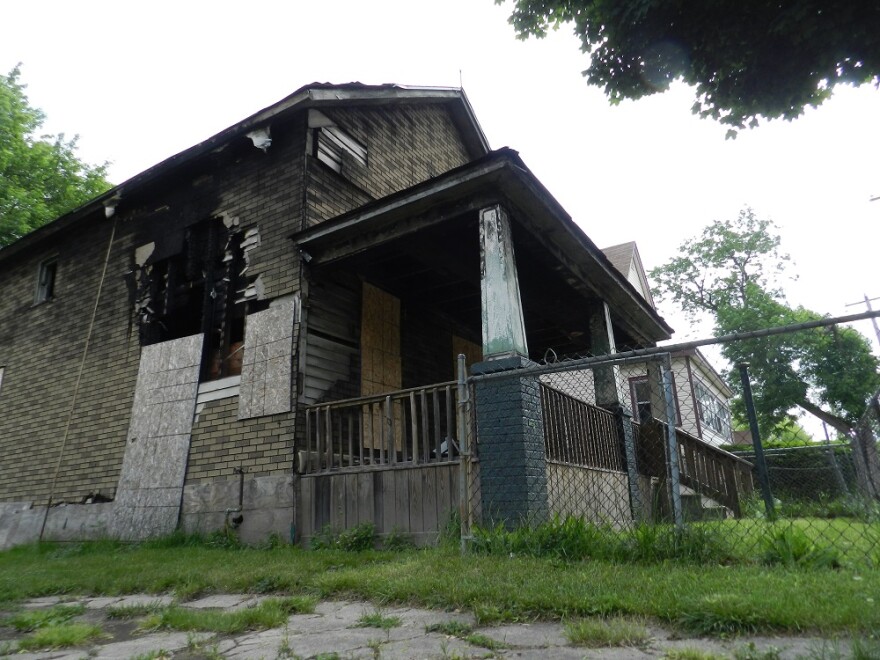Like many Michigan cities, Saginaw has been struggling to deal with blight and crime. At least in Saginaw, the struggle appears to be paying off.
A study released today finds major crimes (arson, aggravated assault, criminal sexual conduct, homicide, robbery, burglary, larceny-theft and motor vehicle theft) decreased 54% between 2005 and 2014. The number is expected to be lower this year.
Researchers from Saginaw Valley State University credit three things for the decline: stepped up law enforcement, efforts to expand neighborhood associations, and blight removal.
Saginaw is among five Michigan cities which divided a $100 million federal grant in 2013. The money was intended to help cities, like Saginaw, to tear down hundreds of dilapidated buildings, which attract crime and lower surrounding property values.
“When people feel empowered about living in their neighborhood, they take ownership of that neighborhood,” says Andrew Miller, an assistant professor of geography at Saginaw Valley State University.
His team studied crime rates in Saginaw.
Miller says the big push to eliminate blight in the city, combined with increase State Police patrols in problem neighborhoods and other targeted efforts, have given residents more confidence.
“People want to live in a safe neighborhood,” says Miller.
Saginaw Mayor Dennis Browning says criminals prefer neighborhoods with a lot of old, blighted buildings which give them places to hide.
“When you clean up that neighborhood,” says Browning, “now those criminals stick out like a sore thumb.”
But SVSU’s Andrew Miller cautions the gains seen in Saginaw and other Michigan cities in recent years are tenuous.
He warns that major crimes could begin to rise if budget cuts lead to a reduction in law enforcement and neighborhoods slide back into disrepair.
“Unless the city finds a way to increase the tax base, to increase the population living in the city,” says Miller, “There is no way these gains will remain permanent.”
But Miller says for now, Saginaw and other Michigan cities battling blight have an opportunity to reinvent themselves.






